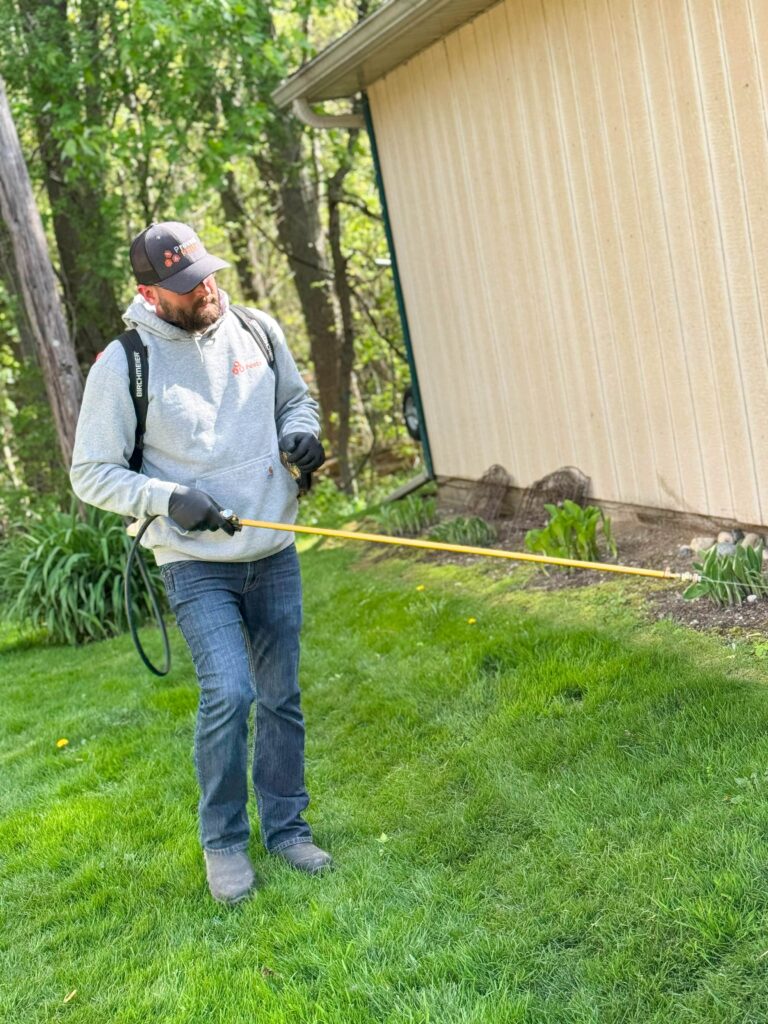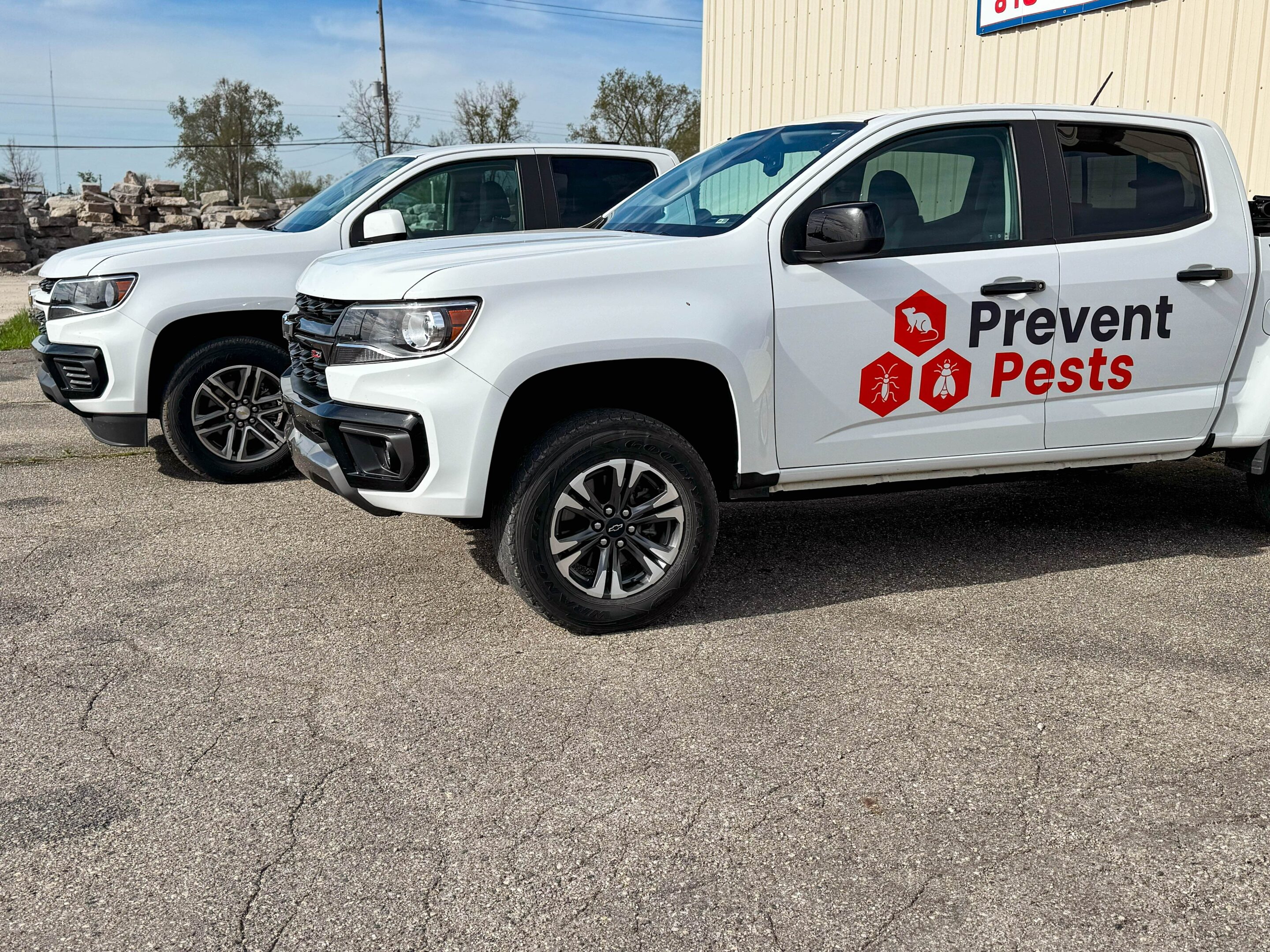In the age of online tutorials and home improvement shows, tackling pest problems with store-bought solutions can seem like a savvy move. For many homeowners, the idea of grabbing a spray or setting traps appears more convenient and less expensive than calling in an expert. But while DIY pest control methods might offer short-term results, they often come with hidden dangers, and in some cases, they can make the problem worse.
Pest control involves more than simply killing insects or rodents. It requires an understanding of pest biology, entry points, nesting habits, and safe treatment protocols. Without that expertise, even well-intentioned efforts can backfire. Here’s why relying too heavily on DIY approaches can be risky, and when it’s time to bring in professional pest control support.

When DIY Pest Control Goes Wrong
For minor issues, DIY pest control may offer temporary relief. But there are situations where it quickly becomes ineffective or even hazardous. Common mistakes include improper pesticide use, misidentifying pests, and failing to address the root cause of infestations.
The dangers of mishandling pest problems include:
- Exposure to harmful chemicals, especially around children or pets
- Incomplete elimination of pests, leading to resurgence
- Driving pests deeper into the home, making them harder to remove
- Failing to detect hidden colonies or nesting sites
- Causing structural damage while attempting physical removal
Rodents, cockroaches, and ants, for instance, often require multi-step treatments and ongoing monitoring that go far beyond a single application of traps or sprays. In some cases, untrained application of pesticides can contaminate surfaces and lead to long-term health hazards.
High-Risk Pests That Need a Pro
There are certain pests that simply should not be handled without professional expertise due to health hazards, difficulty of treatment, or potential for rapid spread. Among them are mosquitoes and ticks, which are notorious for spreading disease. Their small size and ability to breed in hidden pockets of standing water make them incredibly hard to eliminate completely with over-the-counter products.
Bed bugs are another persistent threat. These tiny insects can hide in the most unsuspecting crevices, and most DIY treatments fail to eradicate the infestation fully. Fleas and cockroaches fall into a similar category — quick to multiply, tough to locate, and capable of surviving many traditional treatment efforts.
Yellow jackets pose an immediate danger due to their aggressive nature and painful stings, especially when a nest is disturbed. Carpenter ants, while not as aggressive, can cause significant damage to wood structures if not dealt with properly. Lastly, rodent extermination is often more complex than placing a few traps. Rodents are intelligent, adaptive, and pose serious health risks through droppings and nesting materials.
If you’re encountering any of these pests in your home, it’s important to weigh the risks of handling the problem alone and consider hiring a professional for guidance.
Signs That DIY Isn’t Working
So, how do you know when it’s time to stop relying on home solutions and call a pro? The answer usually lies in the persistence of the problem or its impact on your living conditions.
Key warning signs include:
- Pests returning shortly after treatment
- New signs of damage or droppings despite your efforts
- Pests spreading to multiple areas of the home
- Sightings during daytime hours, which often indicate a larger infestation
- Traps remaining empty while sightings continue
When your control measures fail to reduce activity or if the pest presence begins affecting your health and peace of mind, it’s time to consider a more comprehensive, expert-led approach.
The Professional Advantage
Licensed pest control experts have access to tools, products, and knowledge that homeowners typically don’t. This allows them to assess infestation severity, apply effective treatments, and put in place long-term solutions tailored to the home’s unique conditions.
Advantages of professional pest control include:
- Thorough property inspections to detect hidden nests and access points
- Use of targeted, environmentally conscious treatments
- Prevention plans to stop future infestations
- Safe handling of potentially harmful chemicals
- Education on reducing household risk factors
Additionally, technicians understand the seasonal habits and regional patterns of pests, which is key to getting ahead of infestations before they become widespread. If you’re curious about how this proactive method works, take a look at this guide on preventative pest control services.
Long-Term Savings and Peace of Mind
While DIY products may seem cheaper upfront, they often lead to repeat purchases and can cost more in the long run due to ineffective results. Professional pest control, on the other hand, is an investment in your home’s safety and comfort. By treating infestations at the source and preventing future outbreaks, you save money, avoid property damage, and reduce stress.
Instead of cycling through various over-the-counter fixes, many homeowners find relief in knowing that their pest problem is being managed with long-term success in mind.
Ready for Reliable Solutions?
DIY approaches have their place, but when pests become persistent, invasive, or dangerous, turning to a licensed expert makes all the difference. Let trained professionals handle the risks and deliver real, lasting results. Contact Prevent Pests today to take the first step toward a pest-free home.

